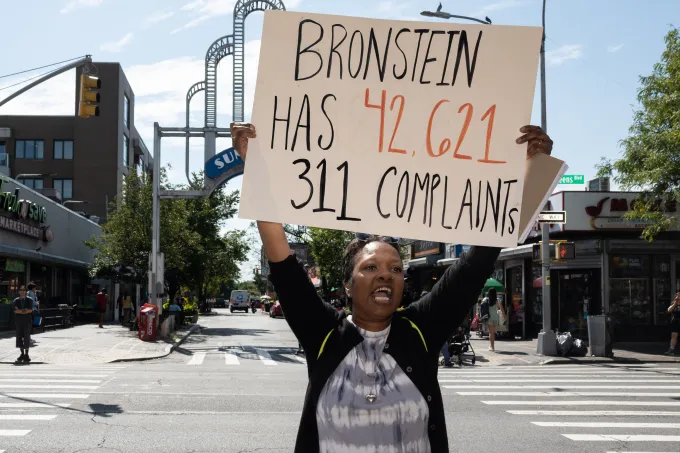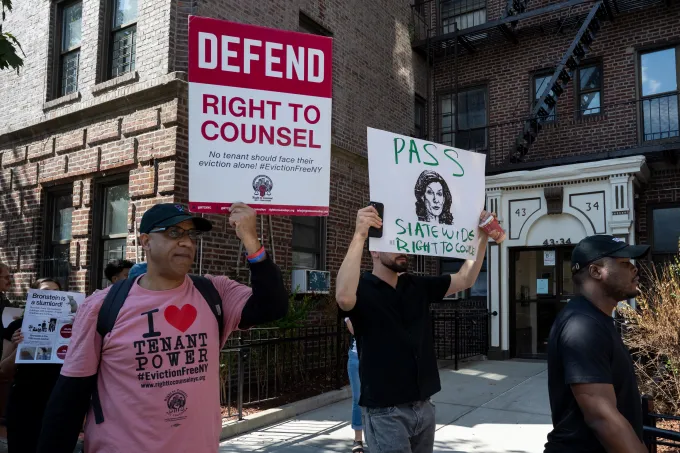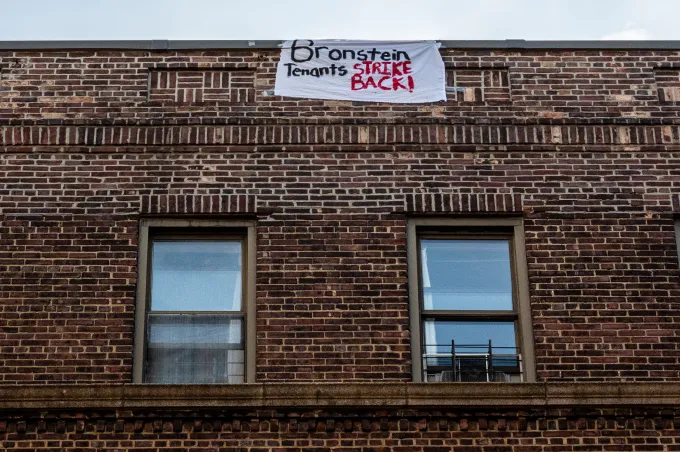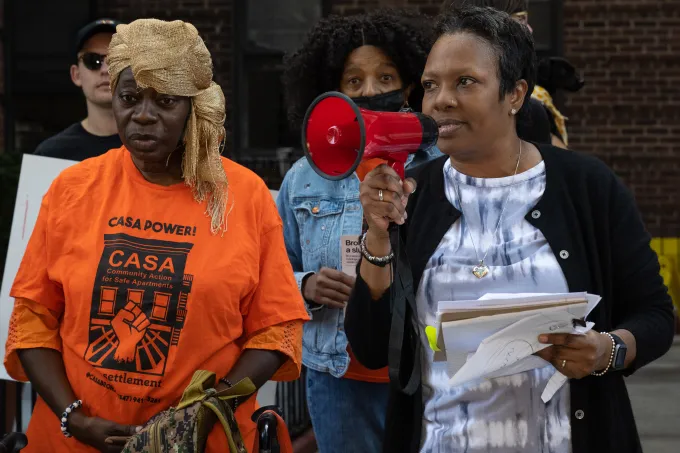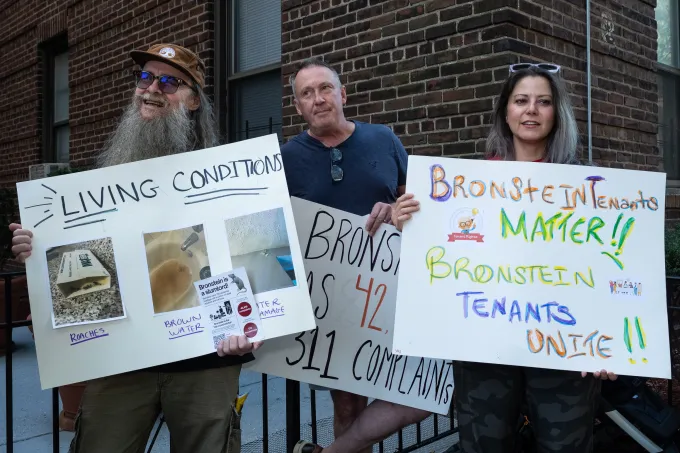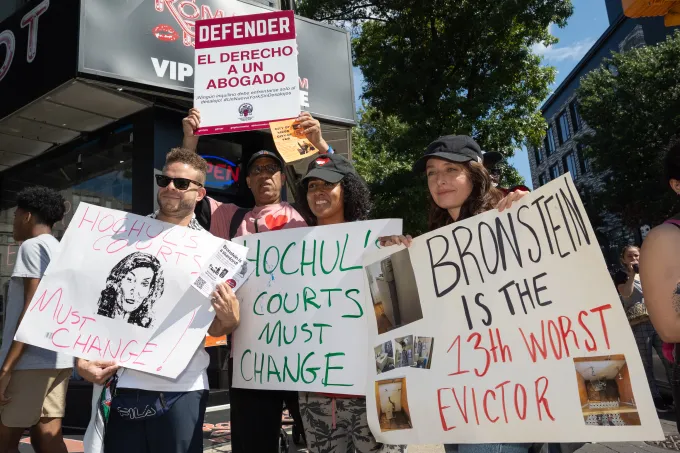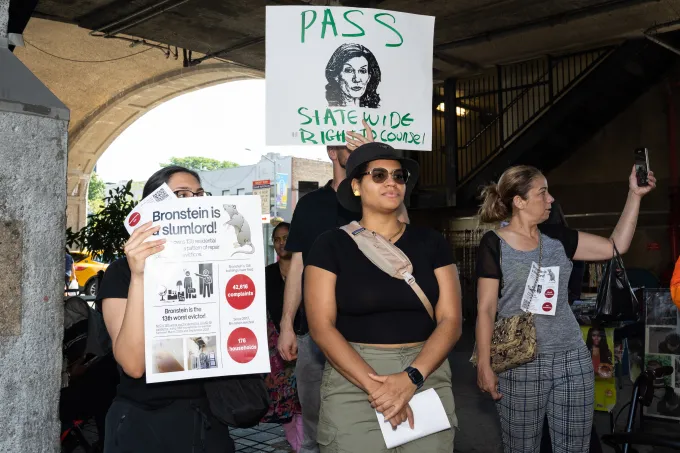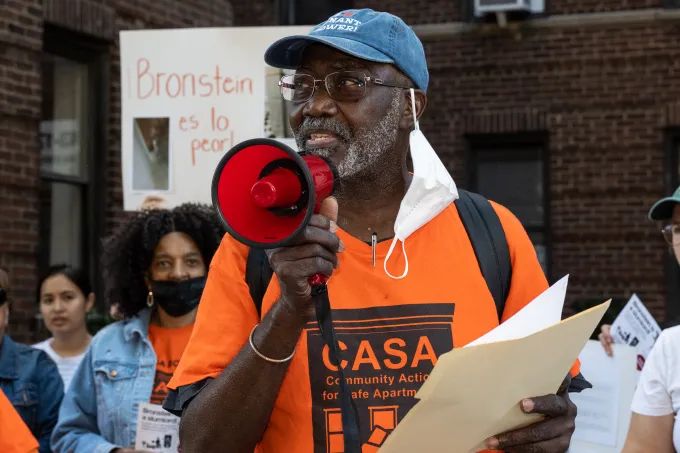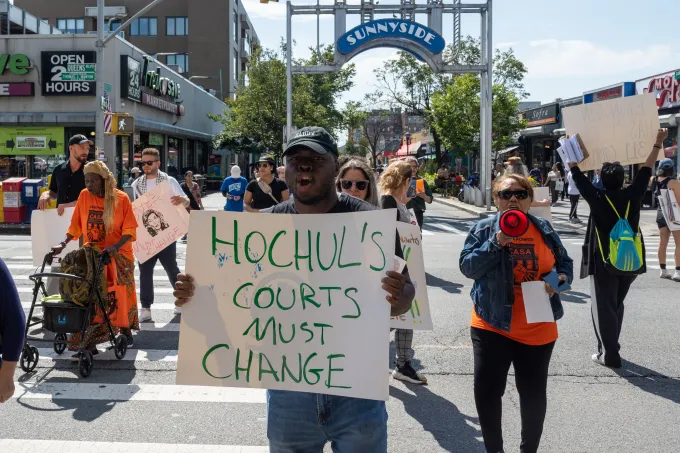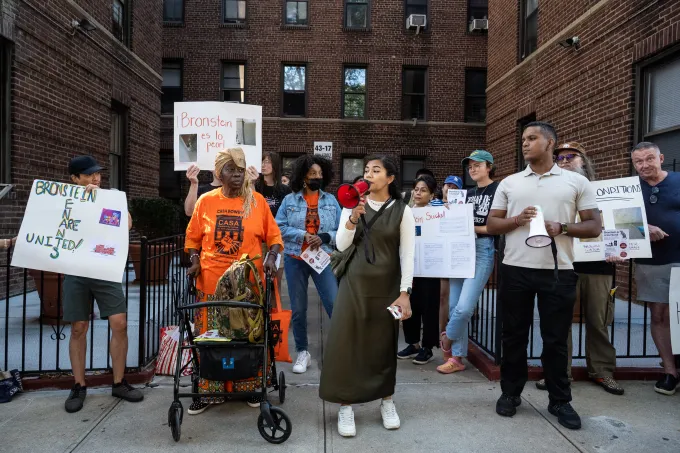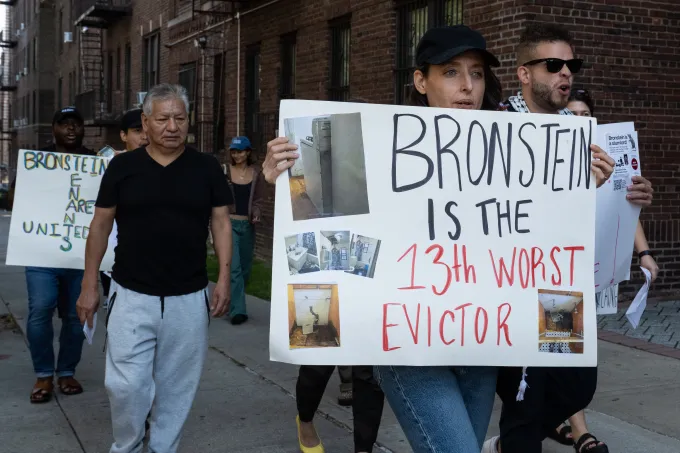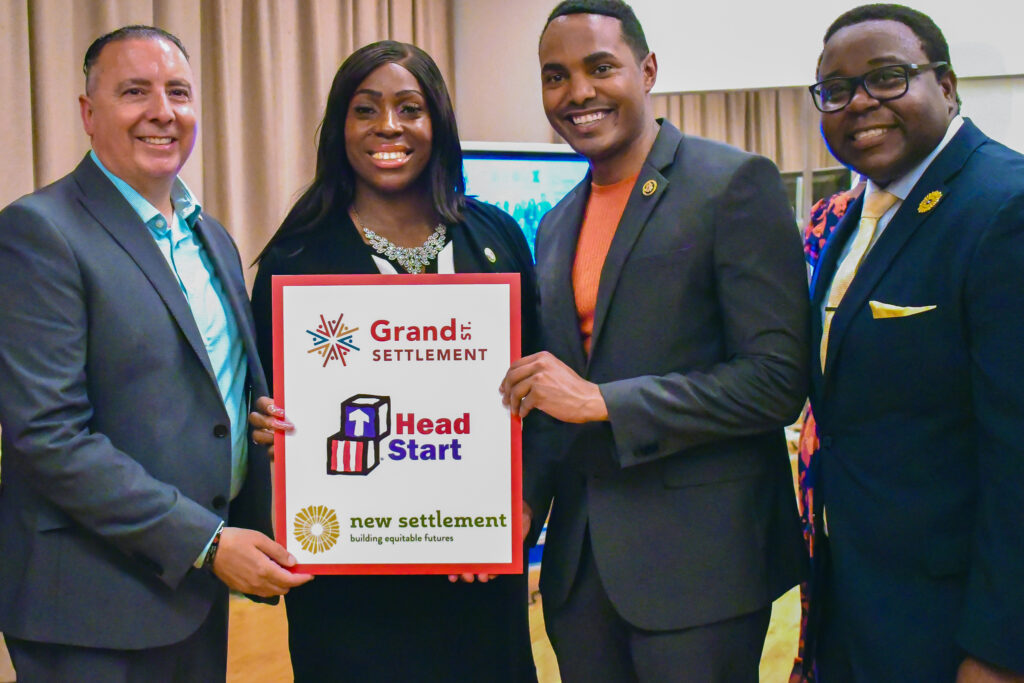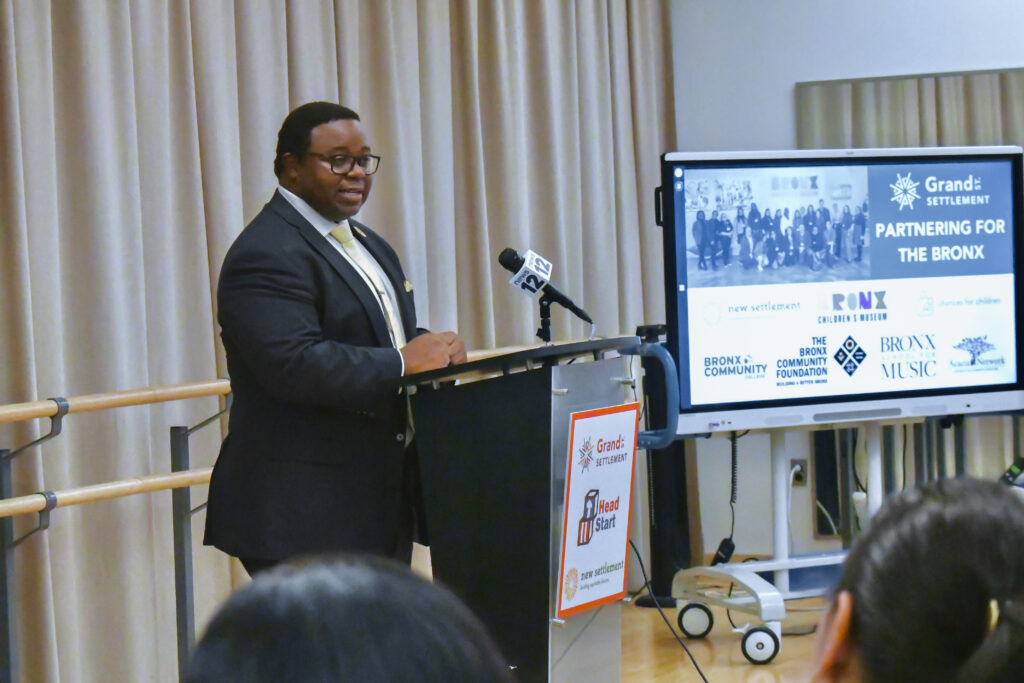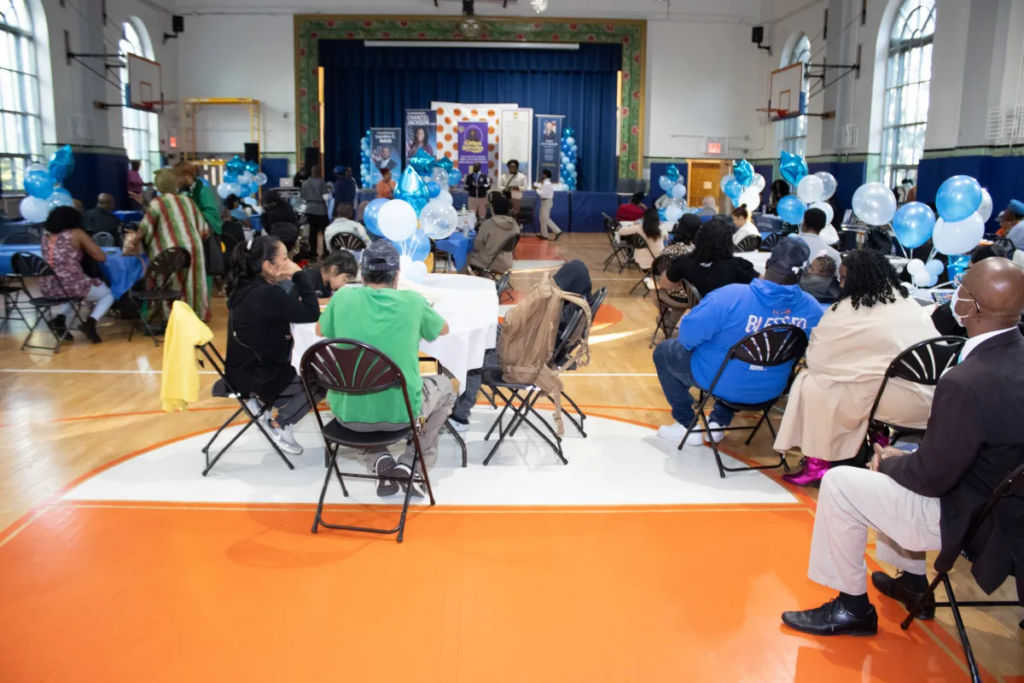
The office of New York City Council Member Althea Stevens (16th Council District) and District 16’s Tenant, Block and Neighborhood Advisory Council hosted the seventh annual Housing Conference on Thursday, Oct. 3.
The event featured information for tenants living in New York City and a panel discussion on tenants’ rights.
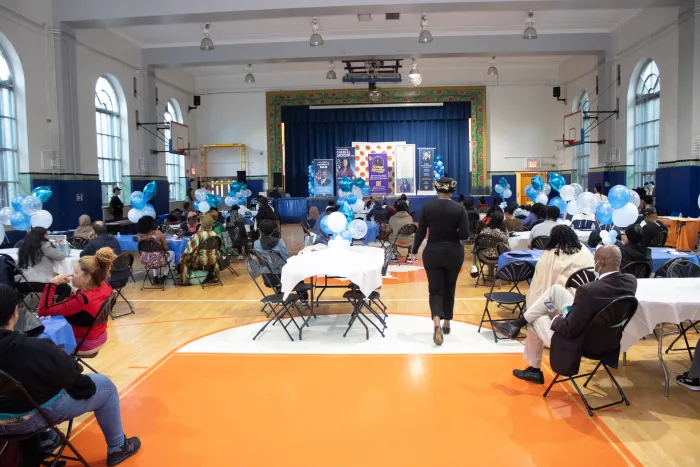
Among those who addressed attendees and answered their questions were Community Action for Safe Apartments (CASA) Leader Fitzroy Christian, District 16 Tenant Advisory Council Secretary Linda Kemp and New York City Department of Social Services Deputy Commissioner Jamar Hooks.
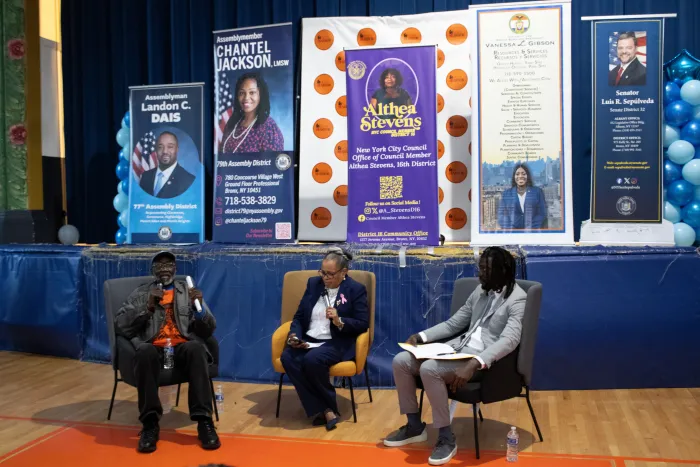
Council Member Stevens expressed her thanks to those who attended the housing conference, as well as those who helped organize it and provided much-needed resources to attendees.
Local elected officials who partnered with Stevens to put this event together included Bronx Borough President Vanessa L. Gibson, Congressman Ritchie Torres (15th Congressional District), State Senator Luis Sepúlveda (32nd Senate District) and Assembly Members Chantel Jackson (79th Assembly District), Landon Dais (77th Assembly District) and Amanda Septimo (84th Assembly District).
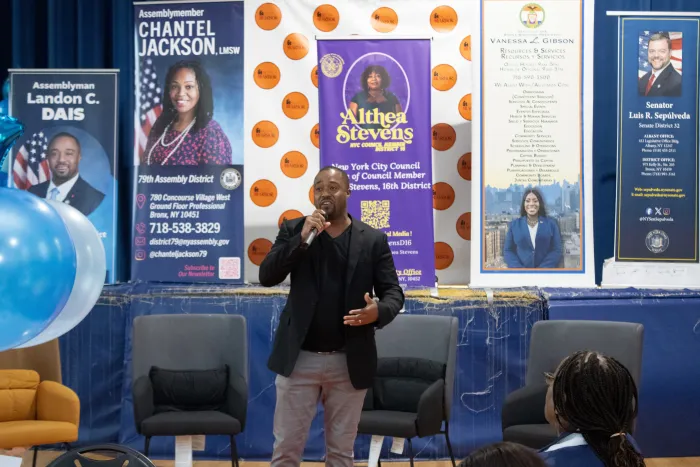
Organizations that took part in this year’s housing conference included New Settlement’s CASA program, the Right to Counsel NYC Coalition, the New York City Department of Buildings, New York City Housing Preservation and Development, the Legal Aid Society, the New York City Department of City Planning, the New York City Department of Finance, the New York State Division of Human Rights, Bronx Fountain House and Arriva Bank.
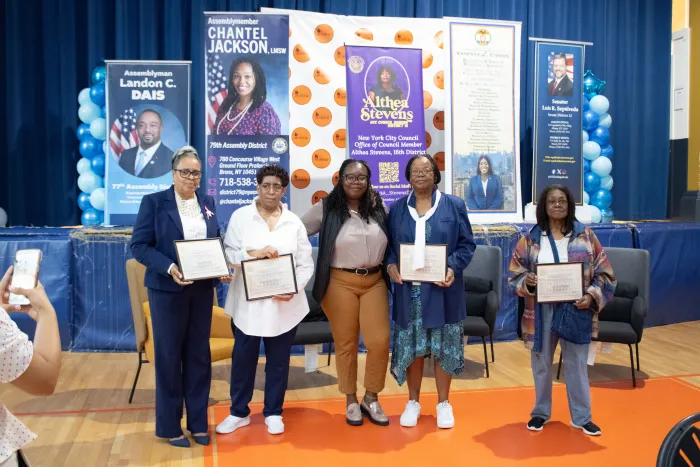
Originally published on October 7, 2024 By By Jewel Webber and Ethan Marshall | BronxTimes



